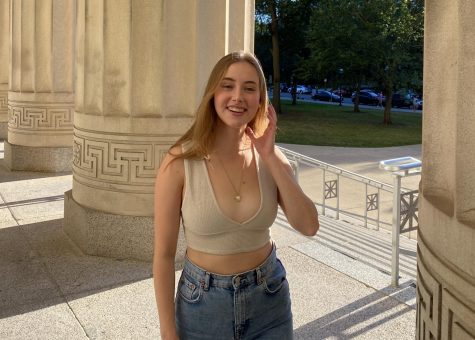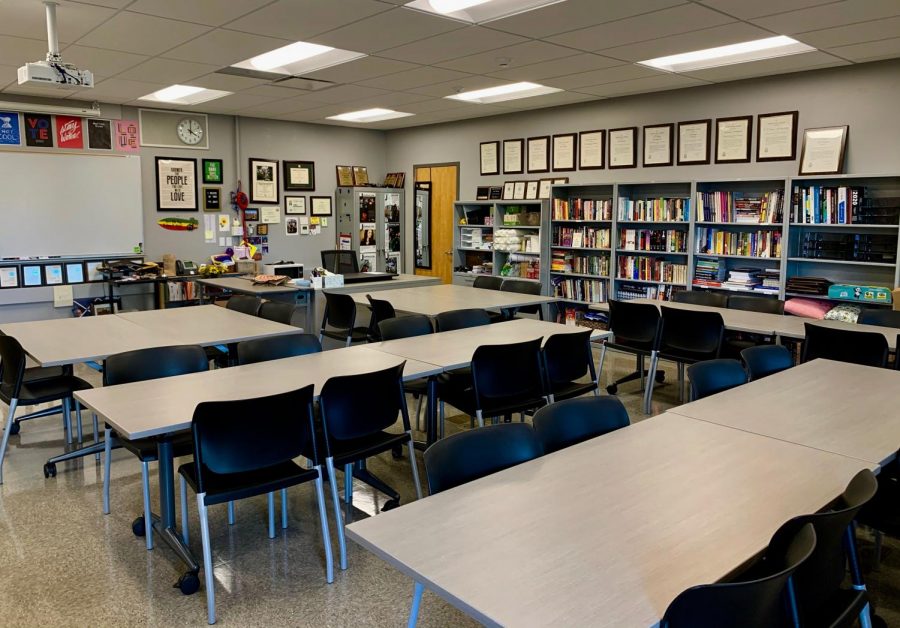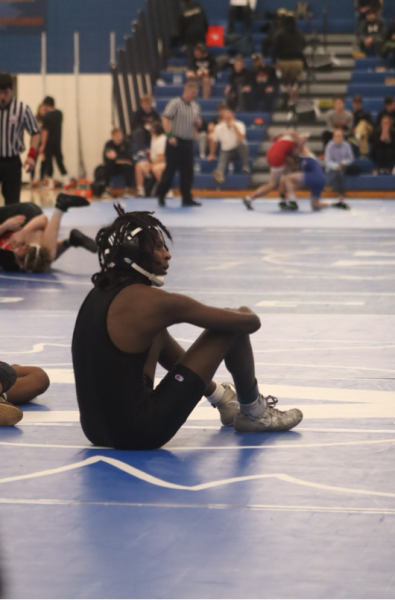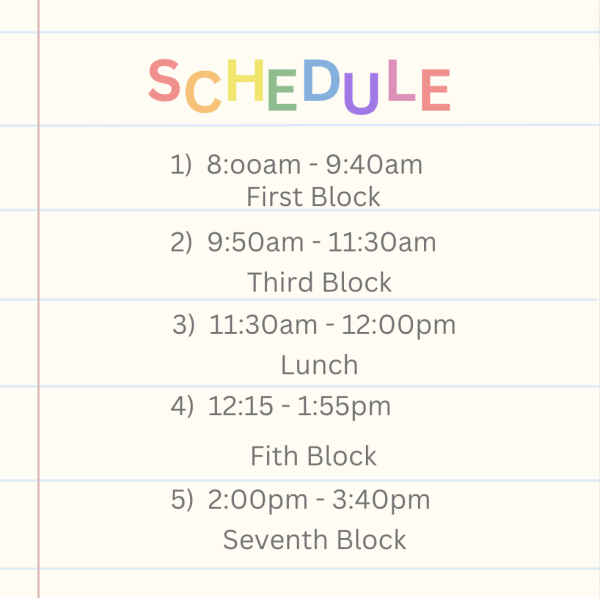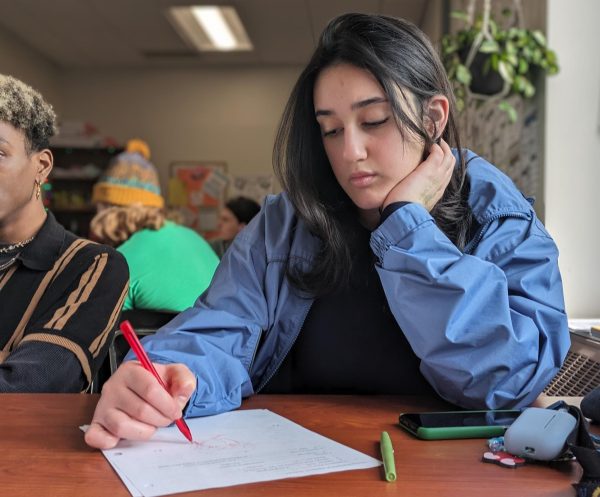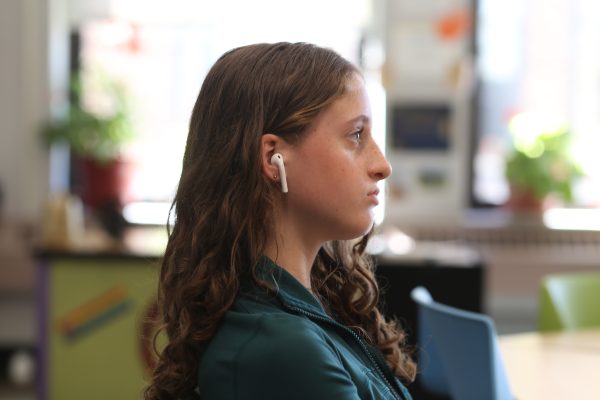An Open Letter to the Ann Arbor Board of Education and Ann Arbor Youth
I want to start this piece off by saying that it is a bylined opinion article. I speak for myself, as a 17-year-old journalist with opinions. I am not an expert, and this article is written from my feelings. In-person learning is extremely situational, and potential risk factors can spike or drop overnight.
To provide some background: at the Ann Arbor Board of Education (BOE) meeting on Feb. 17, 2021, Secretary and Legislative Representative Susan Baskett proposed the following motion:
“I move to redirect Dr. Swift to make a recommendation to modify our current return to school plan to allow instruction to remain virtual to the end of the school year with the exception of serving those with the greatest needs (as clarified by our superintendent and school administrators) who would return to school in person by March 22, 2021. The implementation of this modified plan will be presented, discussed and voted upon by Feb 24, 2021.”
The motion was carried in a 5-2 vote, dissented by Board President Bryan Johnson and Vice President Jessica Kelly.
In response, some Ann Arbor Public Schools (AAPS) students have organized a protest to “fight for [their] knowledge.” The event was shared on social media via a flyer, encouraging people to social distance and wear masks.
The outrage I have seen over this event has been appalling. Scrolling through my Instagram and Snapchat stories, I see people posting comments like, “This is embarrassing for you,” “You look like clowns,” “You need a reality check.” However, the First Amendment gives us the right to peacefully protest. These students have the right to protest for their ability to choose.
The current BOE plan would give students the ability to choose between remaining virtual or going hybrid. The hybrid program would split participating students alphabetically, A-L and M-Z. The first half of these students would attend school on Mondays and Tuesdays, and the rest would attend on Thursdays and Fridays, with Wednesdays being a deep cleaning day. A plan that, in my opinion, is supported by both science and policy.
On Jan. 8, MI governor Gretchen Whitmer pushed schools to provide as much face-to-face learning as possible by March 1, and that goal still stands. According to BridgeMi, AAPS is one of three districts in the state that has yet to set a return date.
The BOE should provide students and families the option to go hybrid or remain virtual. This option is being promoted by the governor and the CDC, under the contingency that schools follow their recommended guidelines. But the desire to remove that choice will harm more families than we could ever know. What about young children, who are unable to learn as much as they need to in their formative years? What about the parents that have had to change their work schedule, or even change jobs, to accommodate their children at home? What about families who need school for the stability of daily meals and childcare? What about students who are stuck in a cycle of crippling mental health issues and suffering grades?
The motion provides students with the “greatest needs” to return to some form of in-person, but what are the qualifications? There is no way to guarantee that everyone who needs to return will be able to.
To my peers sharing their disdain on social media: I believe you are only seeing a small part of the picture. Everyone deserves the right to choose. Instead of shaming those who have a different opinion, dig deeper and ask, “Why?” The story is likely bigger than it appears.
I want to acknowledge that, for a multitude of reasons, the privilege to go hybrid is not universal. I can’t even tell you for sure what choice I would make. But I can tell you I believe it should be my choice.
We spend our whole lives fighting for the right to choose; as children, we fight to pick out our own clothes in the morning; as teenagers, we fight with our parents to decide when to turn our phones off and when to be home; as adults, we fight to elect leaders based on who will give us the most choices. Why shouldn’t this be one of our choices, too?
It should be up to us and our families to assess the risks involved with hybrid learning. Decisions about our health and education should be left with us.
